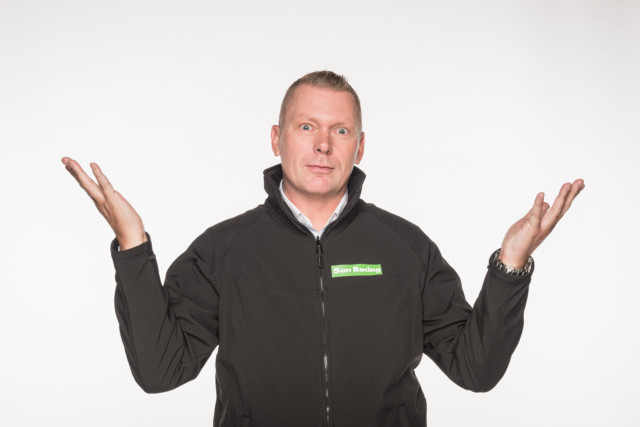COULD barrier trials help horses and trainers with a delayed Flat season set to explode into life at the start of June? I thinks so, and I’m not alone.
It was announced earlier this week that the Coronation Cup and 2000 and 1000 Guineas are due to take place in the first week of next month kicking off a stampede of big-race action.
Some will argue that with modern training facilities getting a racehorse fit is far from one of the hardest projects on planet earth. And they may be right.
But fitness is different to racecourse experience, particularly where juveniles are concerned who have never been on a track before.
Apart from the fact that a load of unraced two-year-olds at Royal Ascot – set to get underway on June 16 – are far from an ideal spectacle, the risk of injury in those circumstances is considerable, something that, in these times of Covid-19 and keeping people out of hospital, should be taken very seriously.
I believe barrier trials – so useful in Australia – are the answer.
And I’m not alone. My idea has the backing of Philip Davies MP, a huge racing supporter and Member of Parliament for the Shipley constituency.
Davies told me: “Barrier trials are something the BHA should give serious consideration to as racing resumes.”
Some of you may be unfamiliar with barrier trials, so here is what I have in mind.
In Australia, a barrier trial is a training race that is organised by the principle racing authority (in the UK it would be the BHA). Barrier trials are conducted several times a month at various tracks. On the day, there are multiple heats with broad conditions that are supervised by stewards. Official entries are submitted and results are recorded, but the race has no effect on the rating of the horse and there is no prize money awarded. It is truly a practice race.
For young horses, going to a barrier trial exposes them to what race day will be like. Familiarising a two-year-old horse with running in race field sized company helps the training process in a way that cannot be achieved in the morning. Also, a trainer may increase the workout intensity and is able to judge a horse’s fitness level in a low-pressure race setting.
Another benefit to barrier trials is being able to try new tactics. Testing out the running style of a horse in a practice race will give insight into what path is best suited for it’s racecourse debut.
Davies added: “Barrier trials may well be a way of deciding which horses get to run and which get balloted out in the big juvenile races earlier on such as Royal Ascot.
“They seem to work well in other countries and they are well worth trying here in the current circumstances.”
The concept seems to have plenty of mileage, when it’s clear a plethora of racecourses can’t be up and running on June 1. Indeed, only Newcastle will start the new behind closed doors era.
The only sticking point would be adding to the possibility of injury to a human being, which could put pressure on the local NHS or private hospital closest to whichever track is chosen for the trials.
But to be honest that’s a red herring. If injuries at barrier trials were a big deal then they would not happen in Australia.
Hugh Bowman, who once rode in the UK but of course is famed as the jockey of the great Down Under mare Winx, said to me: “Barrier trials are an excellent part of the training of racehorses.
“Horses are usually not asked to extend themselves as much as they are in a race, so it is very rare for any sort of injury to occur.
“They are particularly good for young horses. Trials insure that inexperienced horses know how to jump out the stalls and travel together as they would in a race.
“For older horses they act as a great way to stimulate them without the pressure of a race day.”
British-based Tom Marquand, who has recently been in Australia with Group 1 success, added: “Barrier trials are safer than races as there is no competitiveness from the jockeys. It’s a great way to get an insight into the cards everyone else holds and get a gauge on how good a horse is.
“They would definitely be good for two-year-olds heading to Royal Ascot.”
Seems like a no-brainer to me!
SEE ALL FREE BETS HERE

